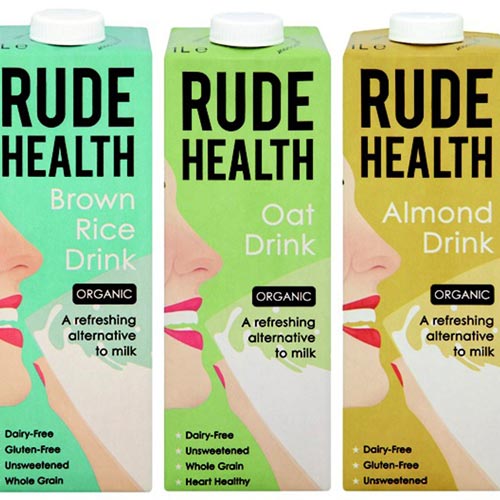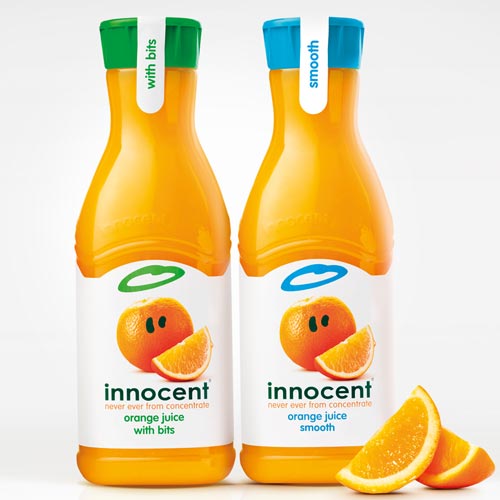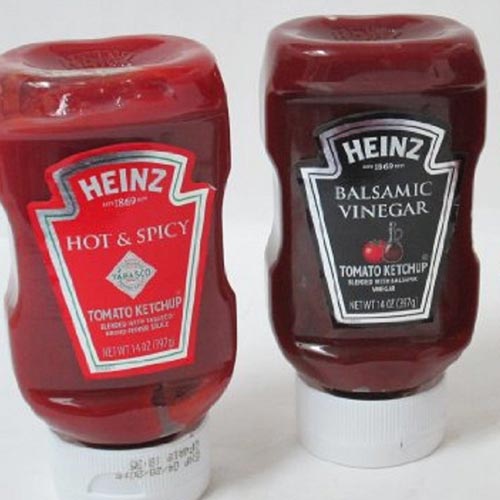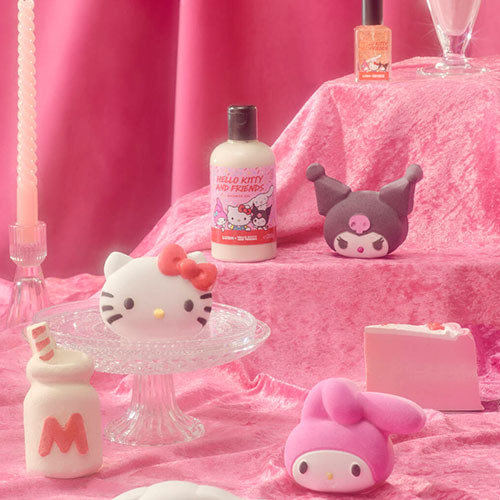Adam Bass on why a good name opens doors and makes people think differently.
Launching a new brand name is like choosing a wife: the consequences can last forever.
A good brand name, Virgin for example (main picture), turns heads, tells a story, opens doors and makes people think differently without tying the company down to a particular business sector.
A bad name, IBM for example, is a millstone that can take on meaning, but only if the company itself starts to represent something, rather than the brand name. Bad names can also lock their owners into inescapable brand architectures when they extend. And this extension plan can be easily overlooked at launch.
A bad name might be striking and achieve cut through, but if it has no vision it will paint the brand owner into a corner. Take the massively growing ‘free-from’ sector for example where sales have doubled since 2009 reaching £365m in 2014 with forecasters predicting sales of £550m by 2019.
So why did the big companies in dairy and spreads like Unilever, Kerry Foods, First Milk, and Arla, miss the boat? Leaving the way clear for Alpro (now a £100M brand in ‘dairy’), a cereal brand like Rude Health (selling 15 skus of alternative milk per store per week), and a coconut water that is now a coconut milk, Chi.
It would appear that the growth took nearly all the big players by surprise because, according to Mintel, 64% of the companies in the market are smaller, independents and the own label sector is only around 10% of the market.

Alpro, Rude Health and Chi are just some of the new wave of brands in this space but they all share a similar vision based on natural ingredients, like-for-like substitutes and health. Notably, they are easily extendable so they are free to quickly go where the growth is.
By contrast, one of the original ‘free-from’ brands Unilever’s – ‘I can’t believe it’s not butter’ achieves memorable cut through, but it is forever tied to spreads. Perhaps it could have worked in ‘I can’t believe it’s not cheese’ and ‘I can’t believe it’s not milk’. But the extension architecture is cumbersome, lacking both vision and ambition.
Brand names should suggest a mission and a purpose. During a visit to IFE I observed a new cocktail drink mixer called Monkey Balls. A brand name should be like a new super hero with its own ‘origins story’. A superhero called ‘Monkey Balls’ is going to struggle to get into production, whereas it’s easy to imagine ‘Red Bull’ with its own film franchise.

Big brand owners can, broadly, be divided up into two types: ‘Foraging Hunters’ – who lead markets and take risks or ‘Giant Predators’ – who watch the market and pounce on emerging developments.
The ‘Foraging Hunter’ takes inspiration from Henry Ford: “If I had asked people what they wanted, they would have said faster horses.” They follow impulse and instinct to get ahead of the trend. Brands like Innocent haven’t waited for consumers to tell them where to go next, they’ve extended into markets like water, fruit juices, ready meals and soon, fizzy drinks, in a way that has led the market rather than followed.
Foraging Hunters become known for taking risks and failure of the ‘next big thing’ is rarely devastating for such brands because they are built to test markets and consumers understand that there is always a risk of failure in something new. However, they are prone to arrogance and this is when they start to over-extend and move into areas that are beyond their expertise and relevance.

The ‘Giant Predator’ is very much the second mouse that gets the cheese. When there is sufficient new market share available, they pounce with new product development and large marketing spend.
Take the £600M beast Heinz Tomato ketchup which will carefully launch variants depending on market trends – currently there are Jalapeno, Mexican, and fiery, low sugar and organic incarnations, all based on established market trends. This ‘defensive’ approach plays safe by following the market, but exploits the brand’s huge consumer loyalty and retail power.
There are two risks to the Giant Predator; one is that they sit on their hands too long before leaping into the market. Another danger is over-segmentation which leads to walls of multi-coloured variants offering similar, overlapping benefits, leaving consumers confused and threatening the whole category’s success.
In conclusion, choice of brand name is a hypercritical success factor. 21st Century brand names need vision and purpose, they cannot be rooted in one single product. Similarly 21st Century brands must be Foraging Hunters rather than becoming Giant Predators that only follow. Finally, if you’re considering launching a new brand, the bad news is that the name Monkey Balls has already been taken…
Adam Bass is director of Golden Goose, a leading boutique brand licensing consultancy. Check out www.goldengoose.uk.com for more details.































